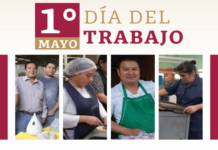Its Cultural, Culinary & Economic Heritage
Corn, or “maize”, holds an esteemed position in the cultural, culinary, and economic heritage of Mexico. With its origins dating back thousands of years, corn has played a vital role in the development of Mexican civilization and has become an essential ingredient in various dishes.
Origins and Domestication
Corn has its roots in Mesoamerica, the region that includes present-day Mexico and Central America. Archaeological evidence suggests that corn was first domesticated around 9,000 years ago, in what is now southern Mexico. Ancient farmers selectively bred wild grasses called teosinte, gradually transforming them into the corn plants we recognize today.
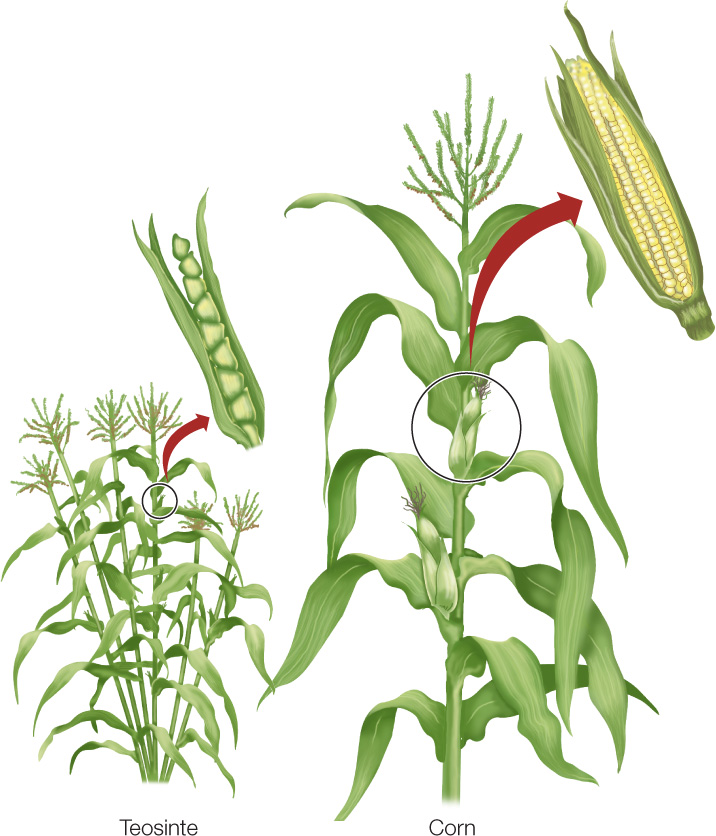
Corn is man-made. Ancient farmers bred wild grasses called teosinte transforming them into corn plants.
The cultivation and consumption of corn became central to the development of advanced societies in the region. The Olmecs, Mayans, and Aztecs, among others, revered corn as a sacred crop, attributing it to symbolic and spiritual significance. Corn’s versatility and adaptability allowed it to thrive in diverse environments, making it a staple food for many civilizations.
Cultural Significance
Corn holds immense cultural importance in Mexico. In pre-Columbian times, it was considered a gift from the gods, and rituals and ceremonies surrounded its cultivation. Festivals like the Aztec “Feast of the First Corn” celebrated the arrival of the maize harvest and expressed gratitude for its abundance. The imagery of corn can be found in murals, pottery, and traditional textiles, symbolizing fertility, sustenance, and the connection between humans and the natural world.
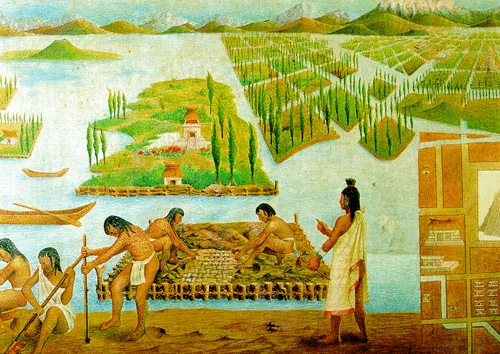
In pre-Columbian times, corn was considered a gift from the gods, and rituals and ceremonies surrounded its cultivation.
Culinary Importance
From tortillas to tamales, from pozole to atole, corn forms the foundation of countless traditional dishes in Mexico. Corn also serves as the base for various snacks, such as tlayudas, totopos (corn chips), and esquites (street-style corn kernels). It is used in soups, stews, and even desserts, such as sweet corn tamales and corn-based candies.
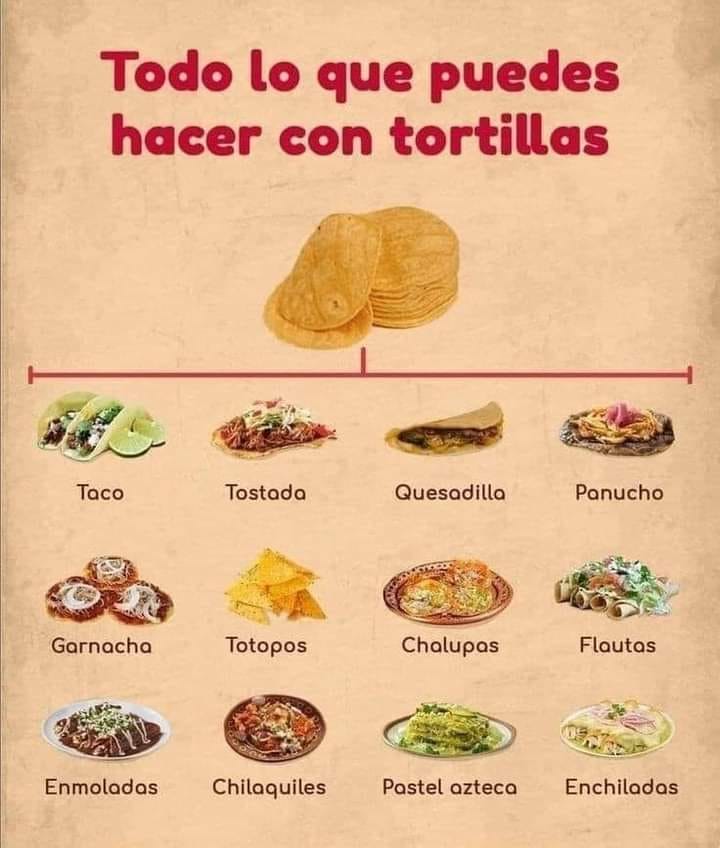
Today, corn has become the most widely grown crop in the western hemisphere. In addition to Latin American diets, corn has given rise to international specialties such as grits, hush puppies, ash cakes, dodgers, muffins, crackling bread, johnny cakes, and corn pone.
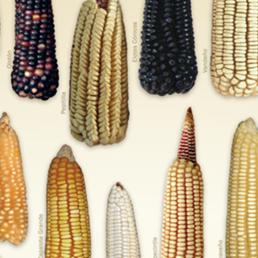
Today, there are over 64 recognized strains of corn in Mexico and over 21,000 regionally adapted varieties.
Artistic Uses
Corn’s significance extends beyond its use as a food source. The Mexican artisanal tradition includes the crafting of corn husk dolls, intricate corn husk flowers, and vibrant decorations made from corn cobs. These creations highlight the cultural and artistic value associated with corn, demonstrating its integral role in Mexican life and heritage.
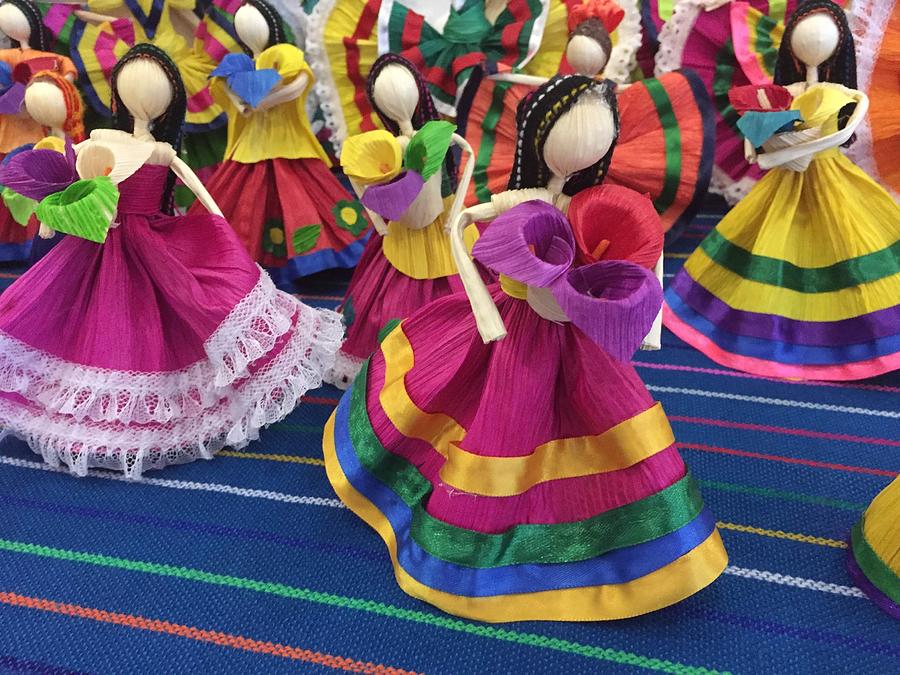
Modern Challenges and Innovations
While corn remains deeply ingrained in Mexican culture, the country faces various challenges related to its cultivation and preservation. The introduction of genetically modified corn has raised concerns about the potential loss of traditional corn varieties and the impact on biodiversity. Additionally, factors like climate change, urbanization, and changing dietary preferences pose further challenges to corn farmers and traditional agricultural practices.
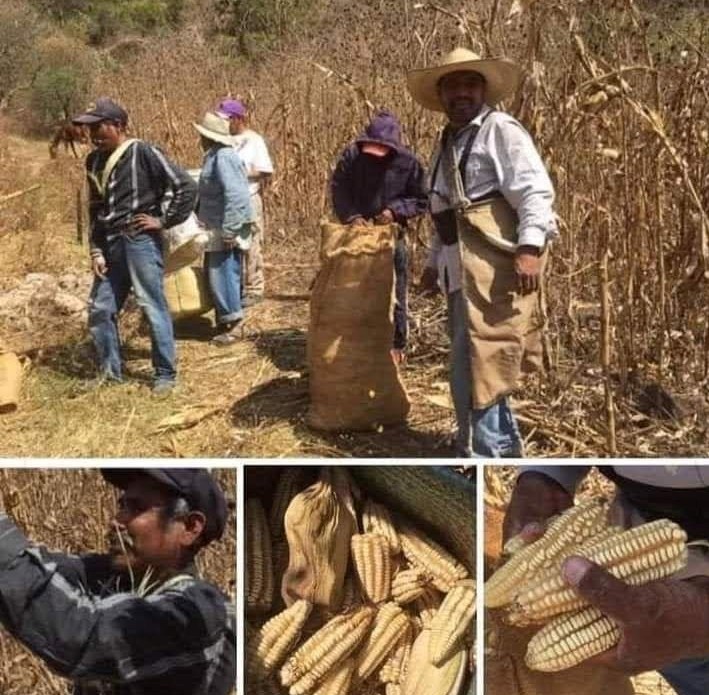
For every tortilla, it takes one year of people working in the fields to grow and harvest the corn.
However, amidst these challenges, there are also ongoing efforts to promote sustainable farming practices, preserve heirloom corn varieties, and support small-scale farmers. Organizations and initiatives are working to protect native corn species, educate farmers on sustainable techniques, and raise awareness about the cultural and environmental significance of corn.
As efforts to preserve and celebrate corn’s legacy continue, this cherished crop will undoubtedly remain a symbol of Mexico’s rich cultural tapestry for generations to come.
References:
Related Article:


